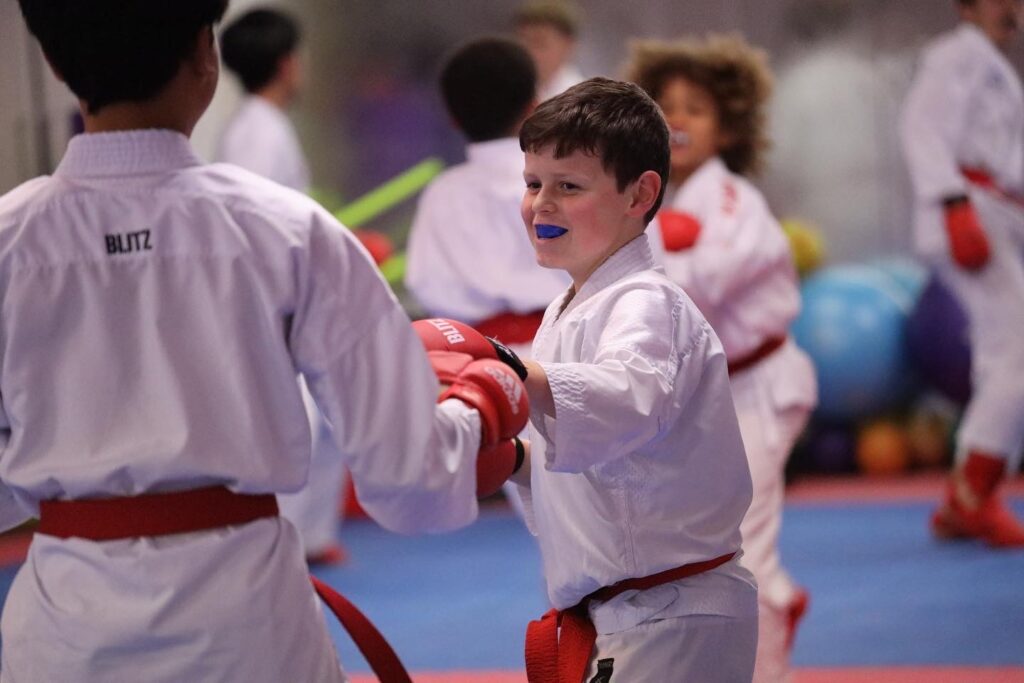Sport karate is a martial art that has become increasingly popular over the years. The World Karate Federation (WKF) is the largest international governing body for sport karate, promoting the sport and organizing competitions around the world. In this essay, we will explore the history of sport karate, the rules and regulations of the WKF, and the benefits of practicing this martial art.
Sport karate has its roots in traditional karate, which originated in Okinawa, Japan in the early 20th century. As karate spread throughout the world, it evolved into a sport with standardized rules and regulations. The WKF was founded in 1970 and has since become the primary governing body for sport karate. The WKF has more than 190 member countries and holds numerous competitions each year, including the World Karate Championships.
The WKF has established specific rules and regulations for sport karate competitions. The objective of a match is to score points by striking an opponent with a clean technique to the head, torso, or abdomen. Points are awarded based on the type of technique used and the area of the body targeted. For example, a punch to the torso is worth one point, while a kick to the head is worth three points. There are also penalties for fouls, such as excessive contact, attacking while an opponent is down, or intentionally avoiding contact.
The WKF also has specific rules regarding safety equipment. Competitors are required to wear protective gear, including a mouthguard, gloves, foot pads, and a helmet. The helmet is particularly important, as it protects the head from potential injuries during a match.
Practicing sport karate has numerous benefits. It is an excellent form of exercise, as it requires strength, flexibility, and cardiovascular endurance. It also promotes discipline and self-control, as practitioners must follow the rules and regulations of the sport. Additionally, sport karate can improve confidence and self-esteem, as it provides a sense of accomplishment when mastering new techniques or winning matches.
One of the most significant benefits of sport karate is that it can be practiced by individuals of all ages and skill levels. Children can start practicing sport karate at a young age and can continue to practice throughout their lives. The sport also provides opportunities for competition at various levels, from local tournaments to international championships.
The WKF promotes not only the physical benefits of sport karate but also the mental and emotional benefits. The WKF emphasizes the importance of respect, integrity, and honor in sport karate. These values are not only essential for success in the sport but also for success in life. Practicing sport karate can help individuals develop these values and apply them to all aspects of their lives.
In conclusion, sport karate is a martial art that has evolved into a popular sport with standardized rules and regulations. The WKF is the primary governing body for sport karate, promoting the sport and organizing competitions around the world. Practicing sport karate has numerous benefits, including physical fitness, discipline, and self-esteem. The sport can be practiced by individuals of all ages and skill levels, and the WKF promotes important values such as respect and integrity. Sport karate is not only a fun and challenging sport but also a way of life.




